 Correlation: Sitting Is Bad For Your Health And Exercise Won't Help
Correlation: Sitting Is Bad For Your Health And Exercise Won't HelpAdvances in technology in recent decades have obviated the need and desire for humans to move....
 It's About Calories, So Kimchi Is Not A Weight Loss Superfood - But You May Eat Less
It's About Calories, So Kimchi Is Not A Weight Loss Superfood - But You May Eat LessFermented foods have become popular in recent years, partly due to their perceived health benefits....
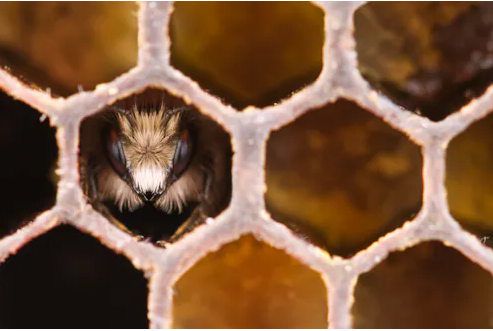 Beekeepers Are Wrong About Overwinter Hive Behavior
Beekeepers Are Wrong About Overwinter Hive BehaviorHoneybees in man-made hives may have been suffering the cold unnecessarily for over a century because...
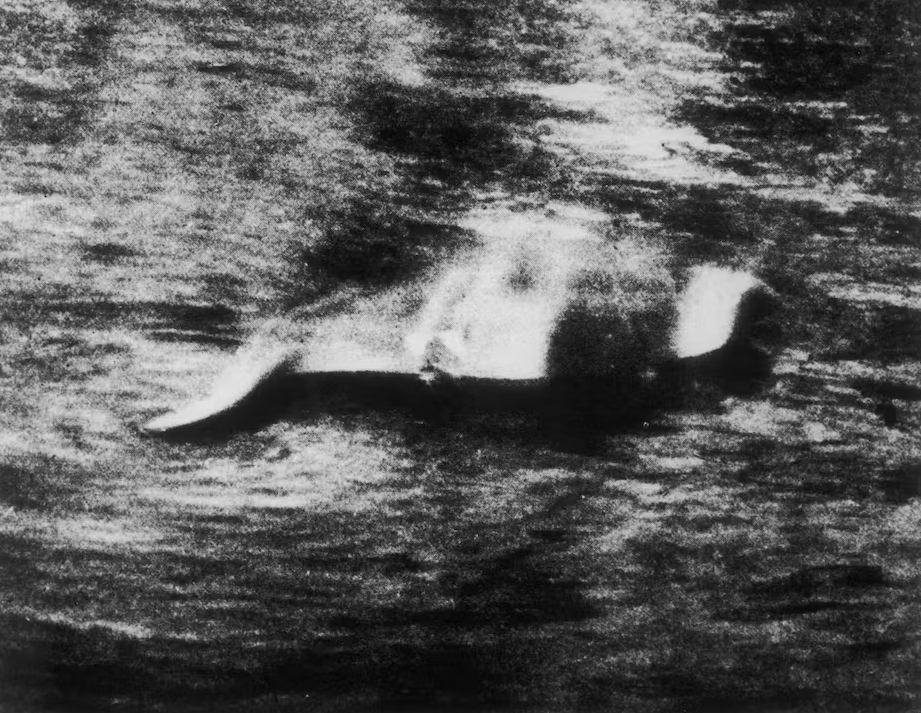 Why Does Anyone Still Search For The Loch Ness Monster?
Why Does Anyone Still Search For The Loch Ness Monster?Hugh Gray was taking his usual post-church walk around Loch Ness in Scotland on a November Sunday...



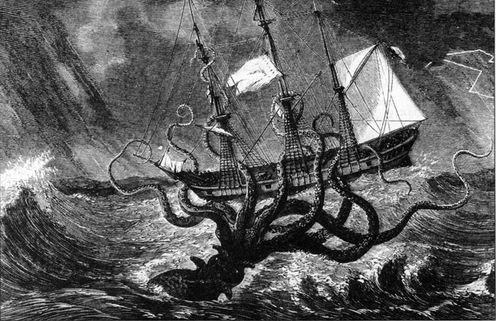
 The Kraken is perhaps the largest monster ever imagined by mankind. In Nordic folklore, it was said to haunt the seas from Norway through Iceland and all the way to Greenland.
The Kraken is perhaps the largest monster ever imagined by mankind. In Nordic folklore, it was said to haunt the seas from Norway through Iceland and all the way to Greenland. 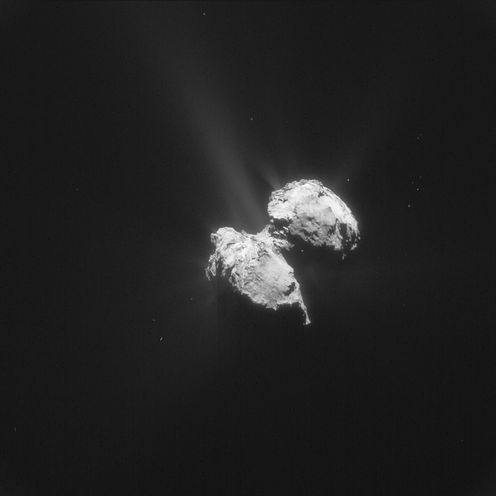
 It has been a busy year for Solar System exploration – and particularly our galactic neighborhoods small icy bodies. Comets, asteroids,
It has been a busy year for Solar System exploration – and particularly our galactic neighborhoods small icy bodies. Comets, asteroids, 
 Few events encapsulate our infatuation with a well-told story as much as Christmas. As a culture, we are
Few events encapsulate our infatuation with a well-told story as much as Christmas. As a culture, we are 
 Well, it’s that time of year again – and there it is; just four words into an article on Christmas I’ve used the word ‘time.’
Well, it’s that time of year again – and there it is; just four words into an article on Christmas I’ve used the word ‘time.’ 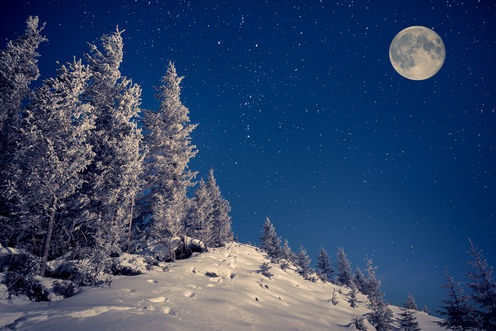
 Walk into any public square or shopping mall at this time of year and an encounter with a traditional Christmas carol is well-nigh unavoidable.
Walk into any public square or shopping mall at this time of year and an encounter with a traditional Christmas carol is well-nigh unavoidable. 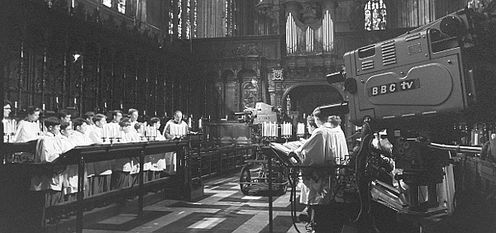
 At 3 pm on Christmas Eve, millions of radios around the world will be tuned to the Festival of Nine Lessons and Carols from King’s College Chapel in Cambridge in time to hear the pure voice of a single boy chorister singing one of the hardest solos of the church calendar, the first verse of “Once in Royal David’s City”.
At 3 pm on Christmas Eve, millions of radios around the world will be tuned to the Festival of Nine Lessons and Carols from King’s College Chapel in Cambridge in time to hear the pure voice of a single boy chorister singing one of the hardest solos of the church calendar, the first verse of “Once in Royal David’s City”.